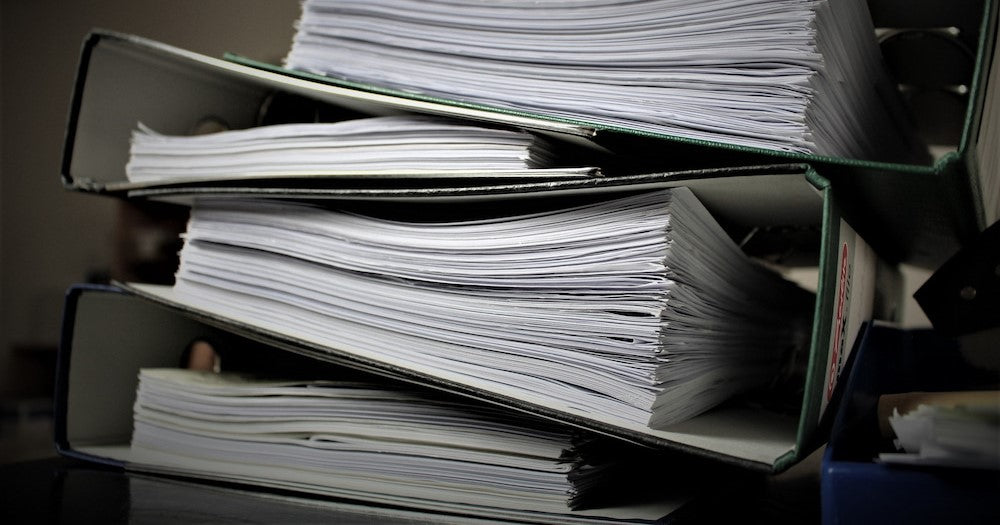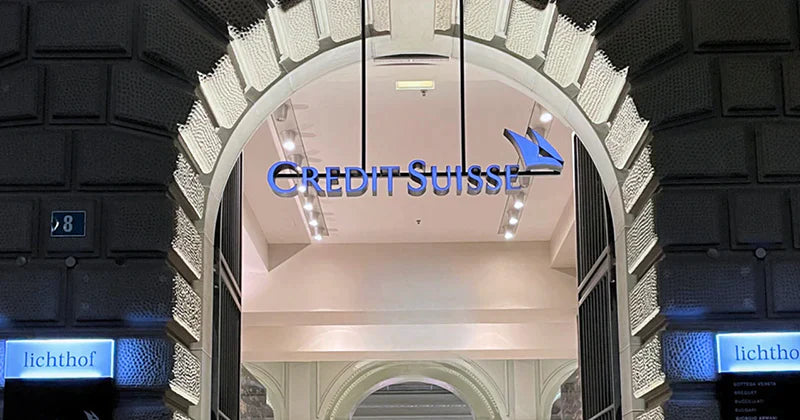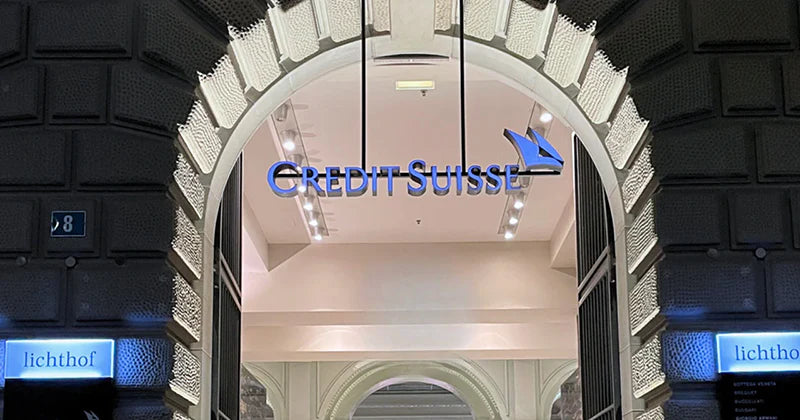
This store requires javascript to be enabled for some features to work correctly.
Credit US registration closed on August 10, 2023.
What is it ?
FAQ - Frequently Asked Questions
The Merger Act (105) provides for a "control of the exchange ratio" claim, enabling shareholders to claim "adequate compensation" for their shares. This compensation is in the form of cash, not additional shares.
Thanks to the procedural specificities of this proceeding, LegalPass is able to organize a form of class action that will unfold as follows (click here to see the action diagram) :
1. Participating shareholders pay LegalPass a fee to cover the necessary costs and instruct LegalPass to represent them against UBS.
2. LegalPass submandates the law firm Baumgartner Mächler Avocats SA (see question no. 16) and pays the fees with the funds received;
3. Baumgartner Mächler is preparing and filing a lawsuit with a competent court in Zurich on behalf of a single shareholder ("the Lead Shareholder"). This is because the law provides for the judgment to have effect for all shareholders, thus centralizing the action and reducing legal costs.
4. In accordance with the Merger Act (art. 105 §. 3), the acquiring company (UBS) must bear the legal costs.
5. If the action is successful, either through an out-of-court settlement or a victory in the fund, UBS will compensate shareholders directly (see questions 6 and 8).
To be eligible to participate, you simply needed to hold Credit Suisse ordinary shares (ISIN CH0012138530) or Credit Suisse American Depositary Shares (ADS, ISIN US2254011081) at the time the merger decision was made, i.e. on March 19, 2023.
If you purchased shares after March 19, 2023, you may NOT participate in the action.
If you sold your shares after the announcement of the merger agreement, you should normally be able to participate in the action. Please note that this is a controversial issue in legal doctrine. However, a majority of authors nevertheless consider that, insofar as shareholders have suffered damage by selling at a price influenced downwards by the merger decision, they can assert their damages. There is no clear legal precedent for this, but you should normally be able to participate in the compensation in this case. However, LegalPass is unable to provide any guarantee in this respect.
If you have sold your shares before March 19, 2023, you cannot participate in the Credit US claim.
From a legal point of view, we nevertheless recommend that you hold on to your UBS shares until the END of the proceedings to guarantee repayment. However, this does not constitute financial advice.
The price for participating is a flat fee. The minimum price is CHF 120.-, plus a premium of a few cents per share. Please see our pricing policy or the order menu above to find out how much your contribution will be, based on the number of shares you hold.
No, you have no further financial obligation. We have negotiated maximum fees with the lawyer who will defend the "Credit US" claim, so you won't have to pay anything extra.
You may only be asked to cooperate in the action by signing or providing any additional documents.
Nothing, apart from the loss of the subscription spent to participate in the "Credit US" claim.
In accordance with the Merger Act (105 § 3), UBS will bear the costs of the proceedings and any expert opinions. In any event, no costs can be claimed from the participants in the "Credit US" claim, as they are not formally a party before the court (see question "1. What is the LegalPass "Credit US" claim?").
First of all, the claim will not prevent the merger from happening.
On the other hand, if the merger is successful, shareholders will receive cash compensation corresponding to the difference in value between the price set out in the merger agreement and the price set by the court. The compensation will be paid in cash and not in shares.
Your potential gain therefore depends on both the price per share awarded by the court and the number of shares you own.
In the event of success, it seems a priori likely that the court will retain a price equivalent to the stock market closing price on Friday March 17, 2023, i.e. 1.86 per share (almost 2.5 times more than the price fixed for the merger). In this case, the gain would be CHF 1.10 per share.
Potentially, the gain could even be much greater if another value were retained by the court. Indeed, according to an official UBS presentation made for the SEC, the intrinsic value would be CHF 9.55 per share (p. 91). If the Court were to follow this value, the gain would be as much as CHF 8.79 per share (more than 11 times the merger price).
In all honesty, this is an exceptional case with no precedent. It is therefore difficult to establish a perfectly reliable prognosis...
However, it is absolutely unheard of and shocking that a company should be sold for less than the last known stock market price (in this case, around 60% less) and that shareholders should have no say in the matter.
Normally, in the event of a takeover bid, shareholders vote on a price proposal, and always benefit from a premium over the stock market price.
The price obtained by UBS seems to have been influenced by extreme political and foreign pressure, as reported in the Financial Times. Moreover, UBS itself acknowledges in a presentation to the SEC that the fair value of net assets of Credit Suisse would be more than 10 x times higher than the price set out in the merger agreement (p. 91).
In these circumstances, there would appear to be sufficient grounds to convince a court to order UBS to pay a fair price to shareholders.
In the event of an out-of-court settlement, the lawyer appointed by LegalPass will negotiate a settlement for participants in the "Credit US" claim only. In such a case, shareholders who did not participate will not be able to benefit from the settlement.
As things stand, it seems likely that certain large shareholders will take the action on their own and seek to negotiate a settlement that compensates them alone.
The Merger Act (105 § 1) sets a two-month deadline for taking action, starting from the publication of the merger decision. This was published in Swiss Official Gazette of Commerce «SOGC» on June 14, 2023.
Edit 20.07.23 : The deadline has been extended to August 10, 2023 (the deadline of July 20, 2023 is no longer valid). Click here for more information on the extension.
EDIT 06.07.23: The minimum funds required to launch the claim were raised on July 6, 2023. This section is no longer relevant.
In the unfortunate event that we are unable to raise the necessary funds, LegalPass will refrain from proceeding with the action and will reimburse participants with a maximum deduction of 8% of the amount invested for external costs incurred for the action.
Participants wishing to pursue the proceeding on their own will have to choose their own lawyer quickly, and plan for a very substantial budget (probably several hundred thousand francs).
If we succeed in raising the necessary funds, we have agreed with the lawyer in charge a budget sufficient to enable you to defend yourself, if necessary, all the way to the Federal Court (Switzerland's highest court). Of course, it's possible that you'll win your case before it gets that far, so we've simply calculated a conservative budget.
LegalPass reserves the right to withdraw claim or not to file it, in particular in the following cases:
a) EDIT 06.07.23: The minimum funds required to launch the action were raised on July 6, 2023. Point a) is no longer relevant.the necessary funds have not been raised (see question 10. above), or ;
b) a court demands payment of a prohibitive advance on costs (in contradiction with the principle of gratuity laid down in the Merger Act (105 § 3) and appeals against this demand remain unsuccessful.
LegalPass will be your sole point of contact and will be happy to answer any questions you may have. In order to keep your legal fees as reasonable as possible, it is crucial that you do not contact the lawyer who will be defending your case directly. LegalPass will be happy to pass on any relevant information.
In the event of an out-of-court settlement, we will send you a link so that you can vote (in proportion to the number of shares represented) on the proposal made, in particular on the amount of compensation. The outcome of the vote will be decided by the majority of votes cast.
For the rest, the lawyer will decide on the best strategy to adopt by consulting LegalPass.
In the event of disagreement, you are of course free to withdraw from the case. However, in order to protect the rights of other shareholders to see the claim through to the end, we cannot guarantee you a refund in this case.
Your information will normally only be passed on to the attorney and his associates.
As we are formally initiating proceedings only on behalf of the " Lead Shareholder ", we will only disclose your identity, number of shares and, if necessary, payment details to UBS if the principle of a settlement has been accepted (see question no. 14). In the event we win the case on its merits, we do not need to inform UBS of your participation in the "Credit US" Action.
After approaching a number of leading Swiss lawyers, LegalPass selected Andreas Hauenstein from Baumgartner Mächler in Zurich.
His firm, founded in 1993, has extensive experience and practical knowledge of corporate law, and was even awarded the prizes Bilanz-Le Temps in 2022 and Bilanz-PME in 2023 for its expertise in this field (rating 5/5).
Andreas Hauenstein is head of his firm's litigation department and has over 20 years' experience in commercial law. His many years' experience as a shareholder representative and his constant practice in Zurich courts make him one of the lawyers best placed to defend the rights of Credit Suisse shareholders.
Media
UBS’ statement of defense to LegalPass “class action” on behalf of Credit Suisse shareholders
The LegalPass, Credit US “class action”, launched on June 15, 2023, closed on August 10, 2023, and for which the...
Extension of UBS response deadline
As announced in our newsletter of August 20, 2023, UBS had until Friday, December 15, 2023 (midnight) to respond to...
They're talking about us...
Who are we?




























